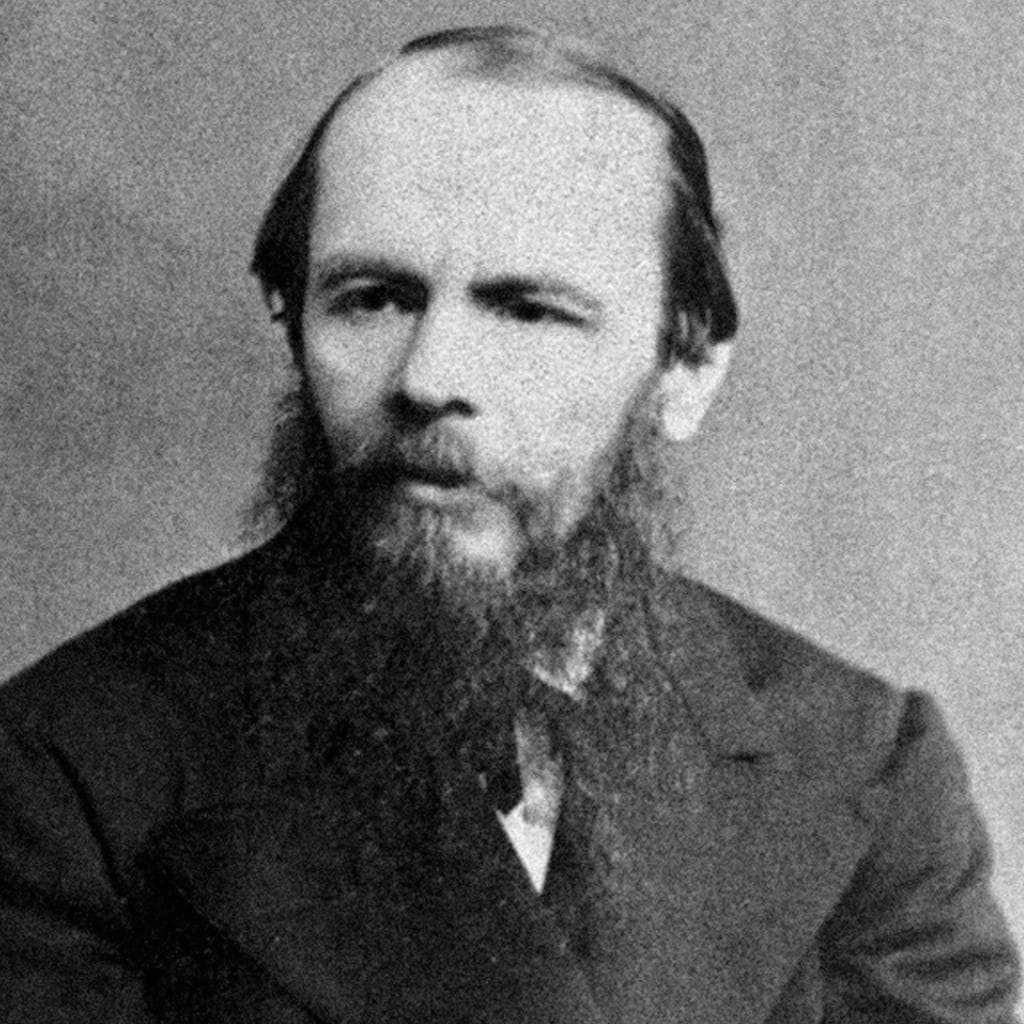Sometimes we get down by how little we‘ve produced. But instead of trying to produce more, we can take time and be still and pray.
The LORD has established his throne in the heavens, and his kingdom rules over all.
—Psalm 103:19

The Despair of Un-Productivity
I was struck by this quote by Dostoevsky …

When I look back on my past and think how much time I wasted on nothing, how much time has been lost in futilities, errors, laziness, incapacity to live; how little I appreciated it, how many times I sinned against my heart and soul then my heart bleeds. Life is a gift, life is happiness, every minute can be an eternity of happiness.
A sense of lost time or wasted time can lead to despair. In a world that pushes ambition and success, that’s all about climbing the ladder, there can be a lot of regret and resentment when it comes to our past. Sometimes the antidote is to write or create through the despair. But other times it might mean doing nothing at all, and tuning into the present moment.
Dostoevsky‘s Antidote to the Despair of Un-Productivity
Here’s Dostoevsky’s antidote to despair that he wrote into the Brothers Karamazov…

Love animals, love the plants, love everything. If you love everything, you will perceive the divine mystery mi things. Once you perceive it you will begin to comprehend it better every day. And you will come at last to love the whole world with an all embracing love.
This is the orientation of the true artist in response to sloth and sluggishness and wasted time. Despair wants to bring you into yourself—to make you believe only your thoughts exist. But the reality is we dwell in a world that is created out of love and was deemed by God to be exceedingly beautiful. To enter the beauty of the world is this to see the world as it truly is which is the perspective of art. And this is why Saint Porphyrios encourages us to become poets; for to become poets is to see the world poetically, i.e. in all of its beauty. This perspective, this way, is to see with the eyes of Love. Why? Because God created the world out of love. To see the world this way is to see the world through the eyes of love and thus in the way it was created.
Looking at Others
Father Seraphim Rose …
Don’t criticize or judge other people—regarded everyone else as an angel, justify their mistakes and weaknesses, and condemn only our self as the worst sinner. This is step one in any kind of spiritual life.

Looking at others through the eyes of love, and letting yourself be loved by God through your repentance and humility, for Christ says blessed are the meek and those who mourn.
To gaze at the world out of love, to see the entire cosmos and its myriad beings as they truly are, is to see with the eyes of non-attachment, which St John Climacus in The Ladder of Divine Ascent calls Renunciation …
The man who has withdrawn from the world in order to shake off his own burden of sins should imitate those who sit outside the city amongst the tombs and should into discontinue his hot and fiery streams of tears and voiceless heartfelt groaning until he too sees that Jesus has come to him and rolled away the stone of hardness from his heart, and loosed Lazarus, that is to say, our mind from the bonds of sin, and ordered His attendance angels: Loose him from dispassion. Otherwise he will have gained nothing.
The Way of Renunciation

Renunciation is hard,. We love the world too much—its pleasures, its nostalgia, its tastes and music and rhythms. To renounce the world, to not only turn away from it but profess a turning away from it, leads to sorrow, to despair. We give up what we
thought was our home, our identity, everything we were taught growing up.
St John Climacus …
Those who aim at ascending with the body to heaven, need violence indeed and constant suffering especially in the early stages of their renunciation, until our pleasure-loving disposition and unfeeling hearts attain to love of God and chastity by visible sorrow.
Finding Silence Before the Icons
Maybe there are times when writing, producing, takes back seat to just being. Maybe the best way to deal with the resentment of sloth and laziness is to not do anything at all but rather sit by the icons and be silent and still.

What’s the goal anyway?
To be productive?
Successful?
Ambitious?
Or to grow in loving union with God … to become more and more like Christ.
Maybe to see the world for all its beauty is to first sit and be present and still and silent and seek a connection with God; to enter into His Beauty.
I’ve written about this time and again; but it’s the hardest thing to do. It’s hard to just sit when you’re feeling like a failure for not producing things.
Some days it’s easy to affirm our Christian faith that places such a premium on silence and stillness; that the greatest advances one can make is by just sitting quietly with God. But sometimes sitting quietly with God triggers all those resentments, failures, ways of falling short.
In such times we need to ask God for a renewal of our eyes so we can actually see the beauty that is ever and all around us.
